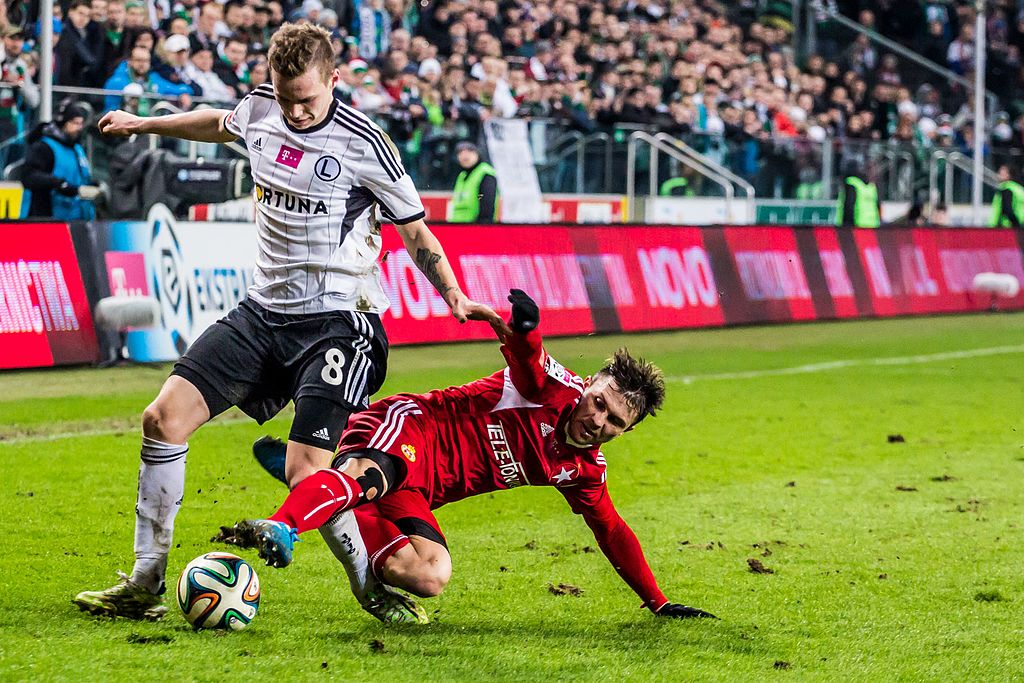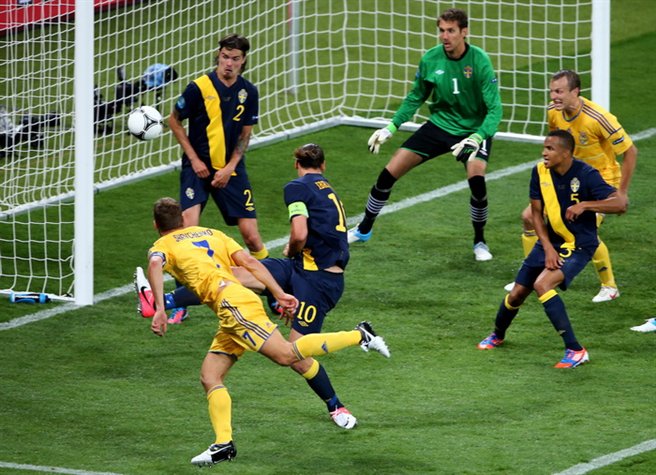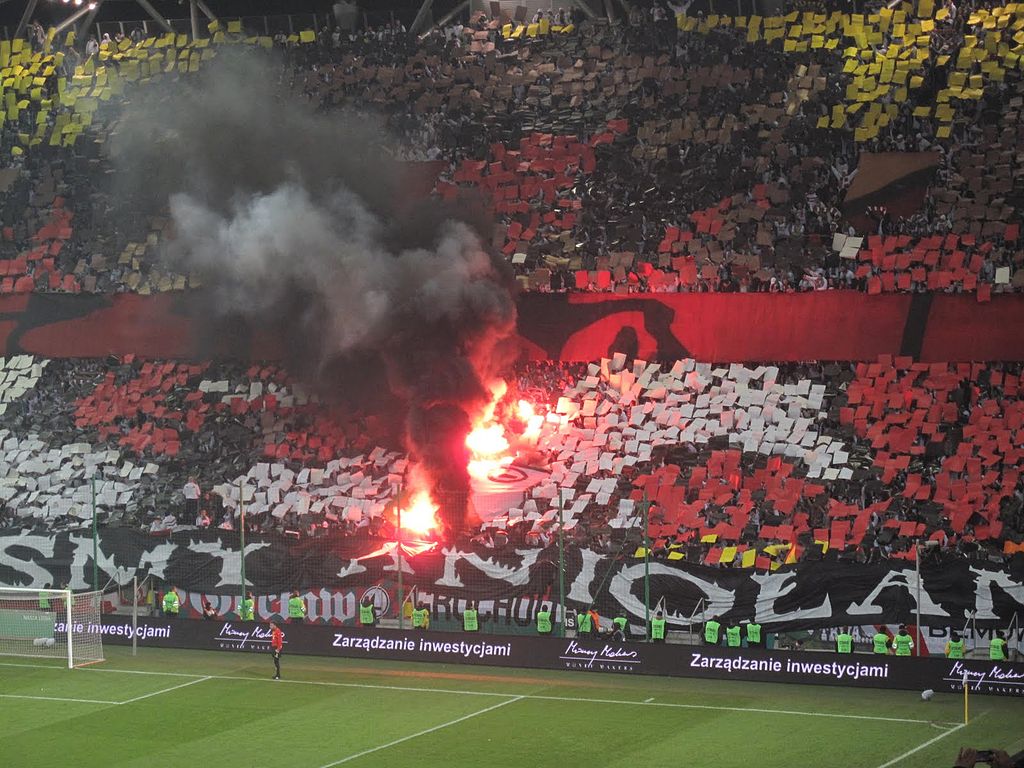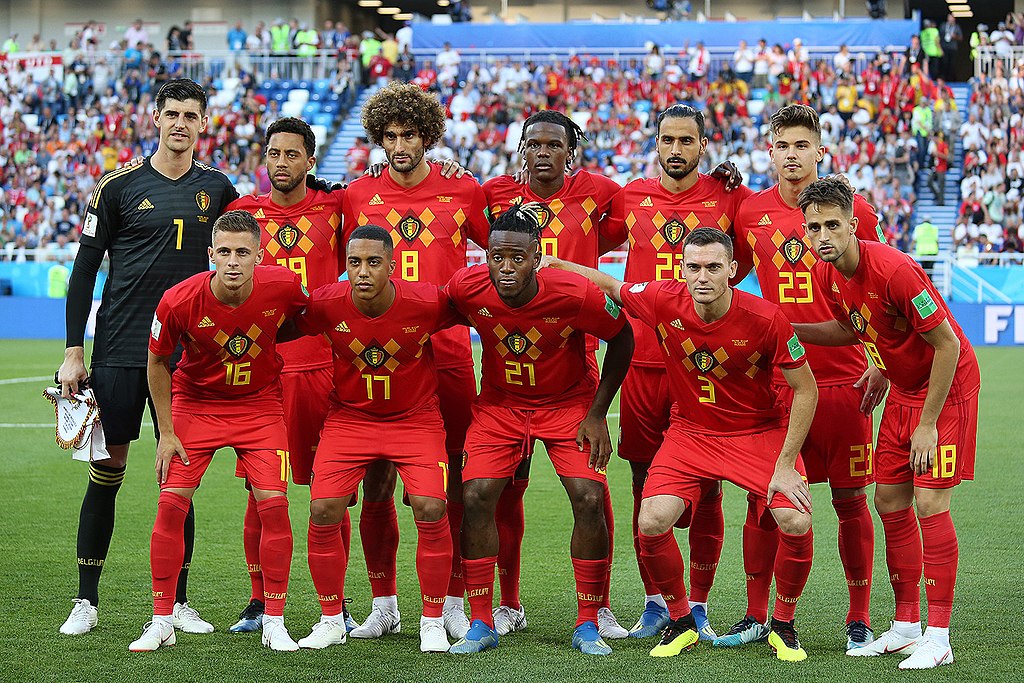
Saturday, July 16th. Wisła Krakow, a club based in Poland’s third-biggest city, opened their season. However, something was unusual this year. The 13-time Polish champions were not facing off against one of Poland’s elite clubs, nor were they against an up-and-coming Ekstraklasa team. They weren’t facing an Ekstraklasa team at all: for the first time since 1996, Wisła would participate in Poland’s second tier.
Wisła’s relegation has been a long time coming, but it still sent shockwaves throughout Polish football. The historic side had one of Poland’s biggest names in Jakub Blaszczykowski. Wisła participated in one of Europe’s fiercest derbies, the Holy War. Only three teams in Poland have won more titles. So how can a club the size of Wisła go down?
The answer is simple: finances. It’s no secret that the Ekstraklasa’s finances pale in comparison to the rest of Europe. According to sportbusiness.com, the Ekstraklasa recorded consolidated revenue of $83.4 million in 2020/21, albeit a year affected by COVID. In other words, the league’s combined revenue was less than Chelsea paid for Kai Havertz that same year.
Still, even by Polish standards, Wisła are a mess. Look at the aforementioned Jakub Blaszczykowski, known by the much shorter nickname Kuba. The former Dortmund and Wolfsburg winger returned to Wisła, where he started his career, in 2019. What were Kuba’s wages, which convinced him to leave the Bundesliga? Five hundred zlotys, roughly $107.
He didn’t stop there: he paid 1.3 million zloty – roughly $280k in today’s money – of his OWN MONEY to save the club from bankruptcy. And he apparently donated his wages – all 500 zloty – to let orphans attend Wisła games. Seriously, what’s not to like about Kuba?
Still, as heartwarming as that story is, it details the sad state of Wisła’s finances. One player’s generous donation to the club in 2019 allowed them to keep their league license and pay their players. After this, Wisła adopted a selling mentality with hopes of staying financially safe: in the two seasons that followed, they made transfer profits of slightly under $2 million. However, in 2020/21, Wisła spent more than they sold, and COVID messed up their finances further. They finished 13th, but they felt the consequences further next season.
Somewhat of a talent exodus ensued, with several of the club’s top players moving on. Talented prospect Aleksander Buksa left for free, a massive blow for the club. Aschraf El Mahdioui, a key player, left after just one year. Ghanaian international Yaw Yeboah left for the MLS, which shows the rise of the American’s league as well as the decline of Wisła. Mateusz Lis, who recently joined Premier League club Southampton, left last season for Turkey.
The exodus of talent proved to be too much. Far too much. It didn’t start too badly – Wisła won their first game of the season, and three of their first six. They won just four more matches all season, including a dire stretch at the end of the year, winning only one of their last fifteen matches. By the final day, they knew they were going down, and went down weakly with a loss to Warta Poznan.
No matter how you slice it, Wisła was dreadful last season, finishing second-last in the league. Only the last-placed team had fewer wins, while only two clubs had more losses. Just four teams conceded more goals. Only three teams scored fewer. The question becomes, how can Wisła recover?
It won’t be easy. Wisła still struggles financially and has lost a massive chunk of revenue because of relegation. Players continue to flow out of the club, with few of them being sold for profit. This is only going to continue, and Wisła could be in for a rough season in the second tier.
Still, steps are being taken to change this. Blaszczykowski has become a part-owner of the club – albeit before they were relegated – which could set the club in the right direction. They’re also taking a much-more youth-friendly approach, as the team’s average age this season is 23.8.
Unfortunately, the financial position of the Ekstraklasa forces teams to adapt or die – aka, sell players or be relegated. Teams like Lech Poznan, Cracovia, Górnik, Rakow, Pogon, and Legia Warsaw all run clubs heavily focused on developing young players before selling them on for financial success. Wisła were already in financial peril before, and their failure to change ensured their relegation. Who knows how long it could be before they rejoin Poland’s elite.
–
Image Courtesy of Maciej Baranowski, CC BY 2.0, via Wikimedia Commons.
Don’t worry if your comment does not show up, all comments must be approved to reduce spam. I hope you enjoyed, and as always, keep watching soccer!







